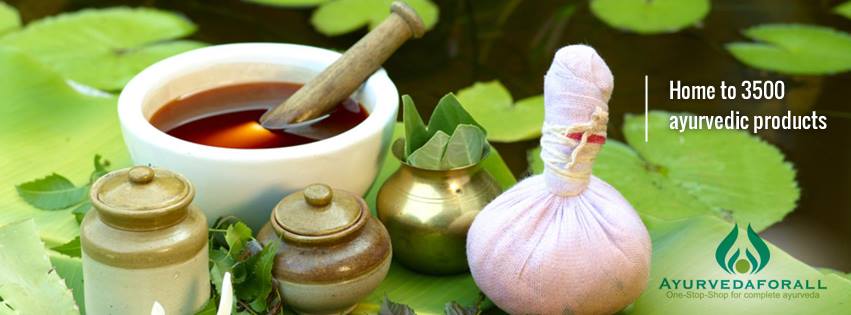
best ayurvedic medicine for gastric problem
Yoga Asanas: Incorporating specific yoga asanas into your routine can have a positive impact on the digestive system. Asanas such as Common Muktasana, Trikonasana, Utkatasana, Nokasana, and Sarvangasana help maintain good digestive health. Additionally, performing Makarasana before meals can neutralize the acid content in the stomach, particularly as we age.